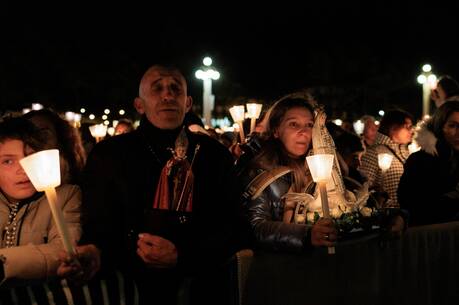The demotion of Clinton campaign pollster and strategist Mark Penn illustrates a broader sickness in the political world that, sadly, will survive Penn’s saga. The single worst development within American politics over the past 40 years has been the professionalization of politics and the rise of a class of political consultants, paid to rig the system. The immediate reason for Penn’s demotion was a meeting he held with another client, the government of Colombia, on how to advance a free-trade proposal that candidate Clinton opposes. Penn, like all Washington political consultants, has many clients and many strings and many invoices and a lot of money from it all. Conflicts of interest abound, but this particular conflict of interest was bound to hurt Clinton in Pennsylvania’s Rust Belt where free trade agreements are about as popular as the plague. Conflicts of interest, however, are only one symptom of the problem. The emasculation of candidates is another. When I worked on a congressional campaign in 2004, our consultants informed us that the candidate’s job was to raise money and be the spokesman for the campaign. That’s it. It was not necessary to solicit his views on our policy proposals: the pollster would indicate what these needed to be. Whether we used mailing or television commercials would be dictated not by any consideration of how to reach targeted voters, but by the cost of the local media market. The daily schedule – apart from the five hours a day spent making fundraising calls – was left to us on the ground. Meeting actual voters did not matter to the consultants. Political consultants are in competition but they are also in a club. They have enormous leverage within political organizations like the Democratic Congressional Campaign Committee where the staff they interact with may be looking for a job with their firm after the election. A new candidate cannot be seen as credible until he hires his consultants and takes a "baseline poll" that will impart such useful information as "78% of Democrats in your district are concerned about rising health care costs." Wow – who would have thunk it? And, consultants only recommend actions that will result in their taking a cut of the cashflow. This professionalization of campaigns has reduced political discourse to marketing strategies and produced candidates who know how to take orders but who may or may not know how to think through policy issues. The culture within which campaigns are now waged is fraught not only with conflicts of interest but with a cheapened, more cynical, sense of what politics is and can be. The layer of full-time paid consultants that insulate a candidate from the real world allows these professional an enormous amount of power and a living, but it has stolen our democracy just as much as its ugly step-sister, the lobbyist, has. Indeed, the two cultures overlap as the Penn scandal illustrates. Mark Penn’s fall will not cause anyone to raise these deeper questions about how we Americans conduct our democracy these days. But, it should. Michael Sean Winters
The Fall of Mark Penn
Show Comments ()
1
Comments are automatically closed two weeks after an article's initial publication. See our comments policy for more.
16 years 1 month ago
These are very interesting and thought-provoking observations. In an election season where the ratio of balderdash to thoughtful discussion of issues real people care about is so high, we need more observations like this to get us thinking about what's really important. I'll probably take off on this in my own blog over the next few days. Thanks for a great post.
The latest from america
Today’s text from the Dicastery for the Doctrine of the Faith makes clear that henceforth, as a rule, the Holy See will not declare any alleged spiritual phenomenon, such as an apparition, as authentic‚ that is, “of divine origin.”
Cardinal Robert McElroy, Bishop Robert Barron and Bishop Daniel Flores joined moderator Gloria Purvis for a roundtable discussion on the rise of polarization in the church.
Whether carefully reflected upon or chosen at random, picking a confirmation name is a personal and spiritual journey for Catholics, reflecting a connection to the saints or a loved one and a commitment to embodying their virtues.
In young people preparing for confirmation, I see a yearning for something more in their lives, beyond the noise and distractions of technology and social isolation.







